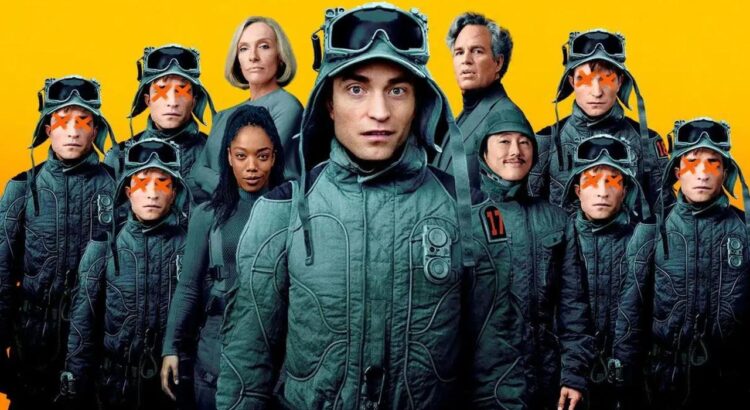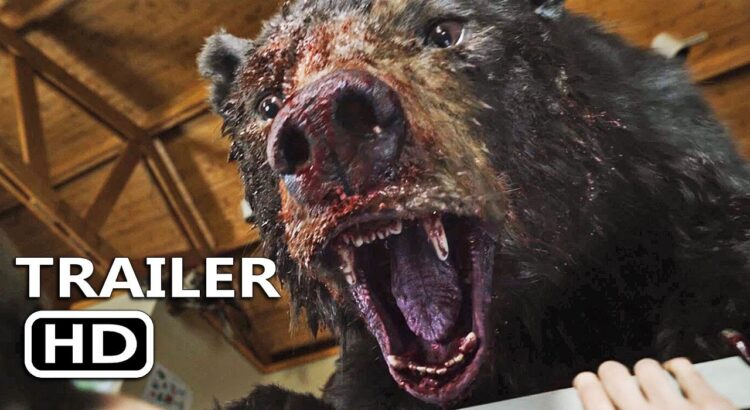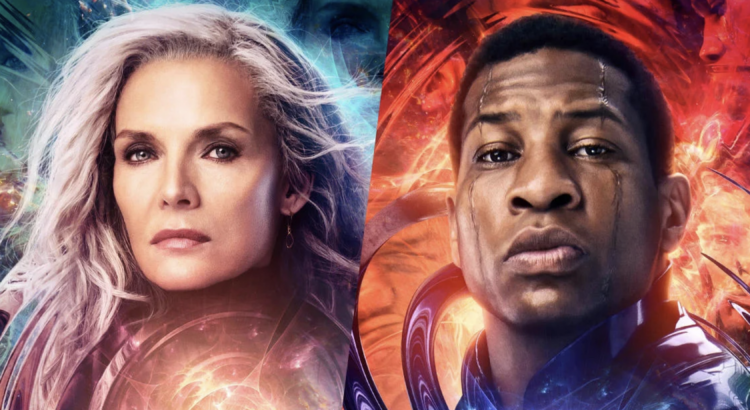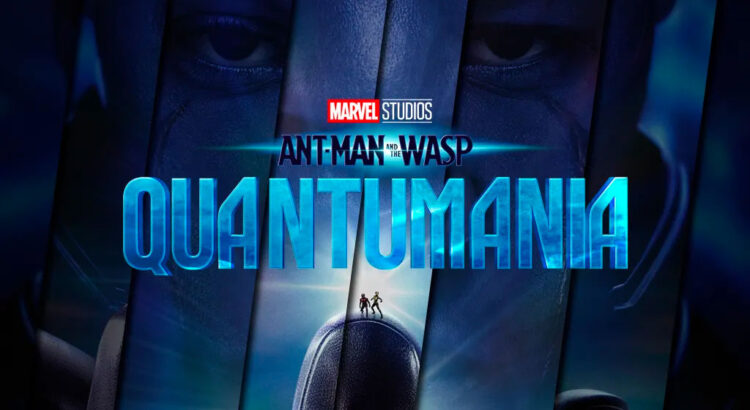In 2019, when Parasite captivated both audiences and critics, it became an instant classic. While the film awards season is often unpredictable and sometimes controversial, Parasite triumphed with three Oscars—four if you count the Best International Feature Film award for South Korea—and made history as the first non-English language film to win Best Picture. Director Bong Joon Ho accepted his awards and set the stage for what would come. With this remarkable achievement behind him, Bong faced the daunting challenge of creating a film that could meet the high expectations following the success of Parasite.
Enter Mickey 17. The film follows Mickey Barnes (Robert Pattinson), a failed macaron shop owner who escapes his bloodthirsty loan sharks by signing up for a space colonization mission. The expedition, led by failed congressman Kenneth Marshall (Mark Ruffalo), aims to establish a human settlement on an icy planet called Niflheim. With no valuable skills to indicate on his application, Mickey takes on the role of an “Expendable,” a job where his sole purpose is to die. Again and again.

Equipped with technology that allows his body to be reprinted and his memories backed up onto a storage device, Mickey acts as a test dummy for the scientists on board. A rapid-fire montage throws us into the numerous deaths Mickey has undergone with forceful brutality as he repeatedly inhales viruses so the scientists can figure out a vaccine and are exposed to harmful levels of radiation to study how it impacts the human body. In other words, he’s a lab rat modified with the wonders of technology. It’s with this concept that the movie blasts off, throwing us into the captivating realms of science fiction and the potential future that awaits us. It creates the question of to what extent people in power treat those below them as disposable, all in the name of pursuing a better future that doesn’t encapsulate everyone.
Another standout thread in Mickey 17 is how it bluntly immerses the audience in the reality of American politics and the distinct privilege possessed by some, even in outer space. With cult-like followers sporting red caps, a flair for bravado, and a close brush with political downfall, Mark Ruffalo’s character, Kenneth Marshall, unmistakably echoes a certain president. Interestingly, the film wrapped production around 2023—meaning that many of its eerily familiar political parallels emerged before some real-world events had even unfolded; Director Bong Joon Ho has stated that Marshall was not explicitly modeled after Trump, yet the similarities are hard to ignore. However, the film’s political commentary extends far beyond American politics. Much like its exploration of humanity, ethics, and mortality through the concept of body printing, Mickey 17 also delves into themes of power, herd mentality, and righteous superiority. History is connected, is what seems to be the theme.

All in all, Bong Joon Ho takes on a lot with Mickey 17. It’s wholly experimental, blending genres and tackling weighty concepts while maintaining a sharp sense of humor. Yet, rather than fully immersing itself in science fiction, the film uses the genre as a platform for political commentary, often making its speculative elements feel secondary. With so many ideas in play, it can be difficult to focus on just one and they become generalized. In comparison to Parasite, Mickey 17 is more of a chaotic rollercoaster, but one that remains deeply enjoyable in its tumult. It confronts viewers with the darker sides of reality, caricaturing figures and traits in a way that teeters between humor and discomfort. And, like Parasite, it retains Bong’s signature artistic flair. Mickey 17 is not Parasite, and it never will be. But that’s not necessarily a bad thing and I’m looking forward to all the wonderful, thought-provoking films he’ll make.







